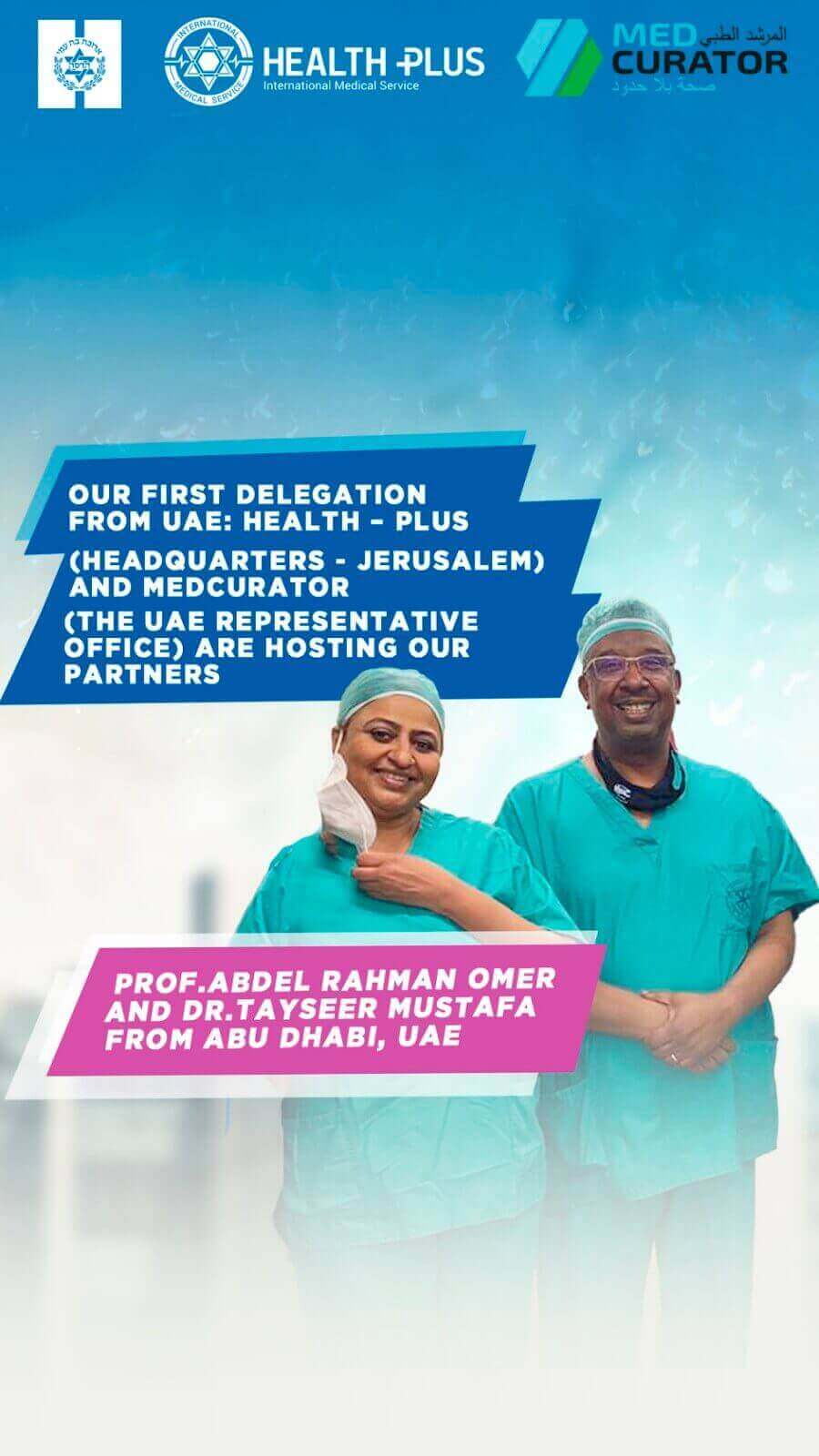Neurology
The department treats all kinds of neurological disturbances, and has at its disposal doctors with different areas of expertise and best equipment to accompany diagnosis and treatment.
At Hadassah University Hospital, there’s an adjacent clinic beside service and diagnostic laboratories which saves the patient precious time in the performance of tests connected with the diagnosis of his illness.
Few centers of excellence are active within the framework of the Department, among of them: the Center for the Treatment of Multiple Sclerosis Patients which functions in conjunction with the clinic at Ein Kerem under the direction of Prof. Oded Abramsky (former Head of the Department) and Dr. Dimitrius Karussis, and the Center for Neurogeriatrics administered by Dr. Zeev Meiner at Mt. Scopus.
The Department also has a Laboratory for Experimental Neurology which is very active in diverse research in the areas of neurology. The Laboratory includes senior investigators and skilled laboratory technicians thus to enable doctors to engage in research in addition to their clinical obligations.
MAIN DISEASES
Professor Tamir Ben Hur, Head of the Neurology Department, along with high qualified doctors are engaged in the treatment of common neurological conditions; headaches, back pain, weakness and dizziness, as well as the treatment of serious neurological diseases, such as:
- Alzheimer’s disease.
- Parkinson’s disease.
- Multiple sclerosis.
- Amyotrophic lateral sclerosis (ALS).
- Muscular dystrophy.
Hadassah’s specialists applies the most advanced medicines, protocols of therapy and diagnostics. For example, in the clinical management of epilepsy, the innovative device for deep brain stimulation (DBS) is used. The clinic has received international recognition for the development and implementation of a revolutionary protocol for the treatment of ALS and research of the role of stem cells in neurology and therapy of some neurologic disorder.
There are currently 27 beds in the department, of which some are reserved for stroke patients, at full capacity all year round. The medical team does everything to enable the release of patients. About 6000 hospitalized patients, including international patients from all over the world, pass through the department annually. In addition to that, a special unit is included to treat stroke cases who require urgent care until they are sent for rehabilitation.
The patients are supported by a superb nursing team with wide knowledge in the types of neurological problems. Meanwhile our doctors are Israel’s leading experts in their areas.
The aim of the Department is first of all to serve the patient and also to expand specific and academic knowledge.
HOW DOES THE NEUROLOGIST DIAGNOSE THE DISEASE?
The first step that the neurologist is required to do is to make an accurate diagnosis of the problem. The details of the clinical story (“anamnesis”) and a neurological examination helps the neurologist to locate the disease in the nervous system from a neuroanatomical perspective, and to make an initial differential diagnosis. Then, the neurologist can choose the auxiliary tests that prove or invalidate the disease. Auxiliary tests include various imaging methods, blood tests, various electrophysiological tests and lumbar puncture.




